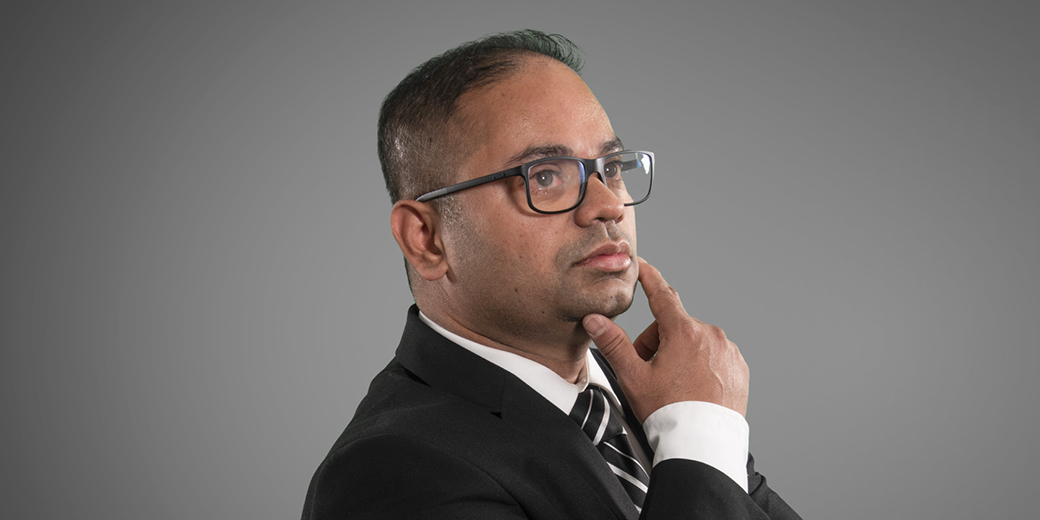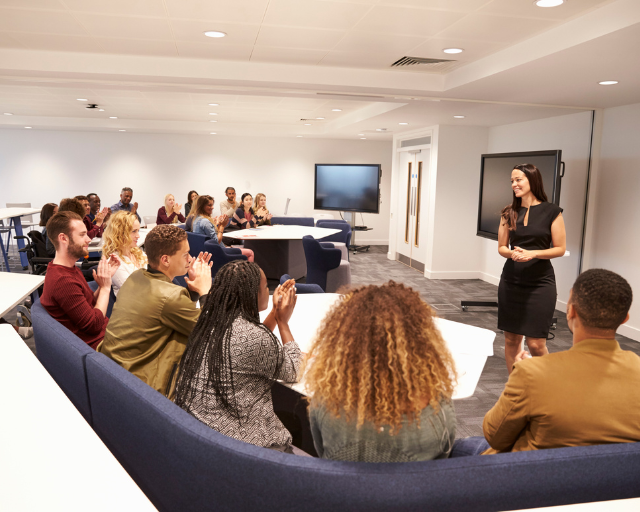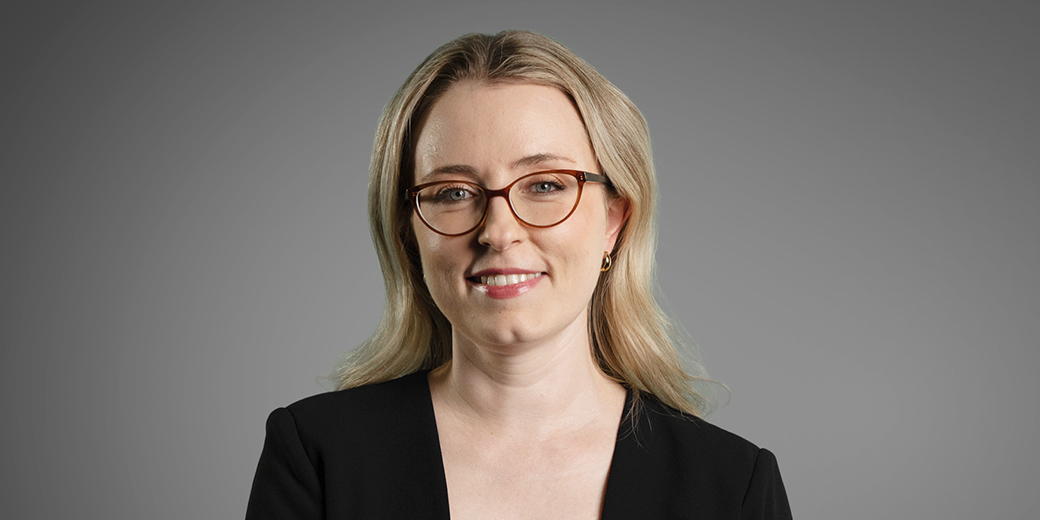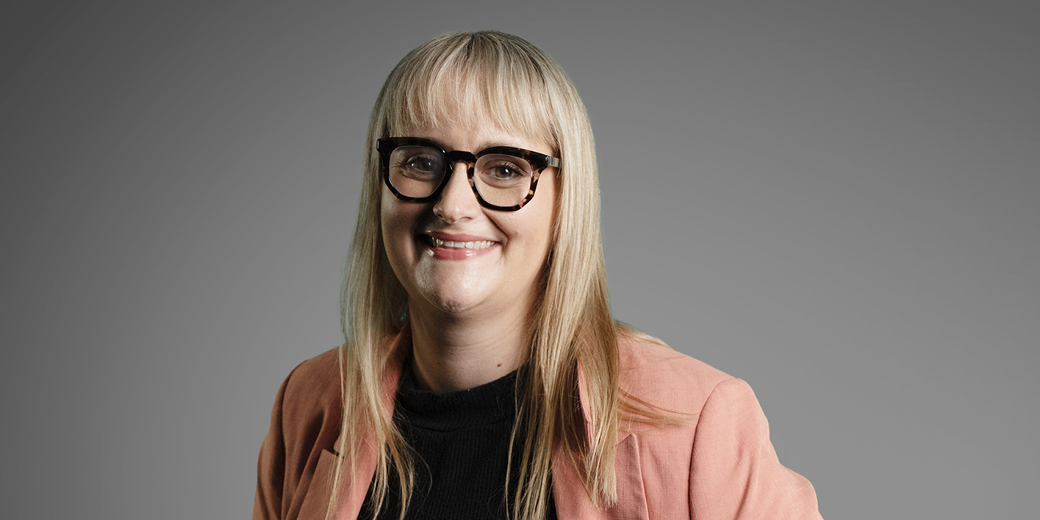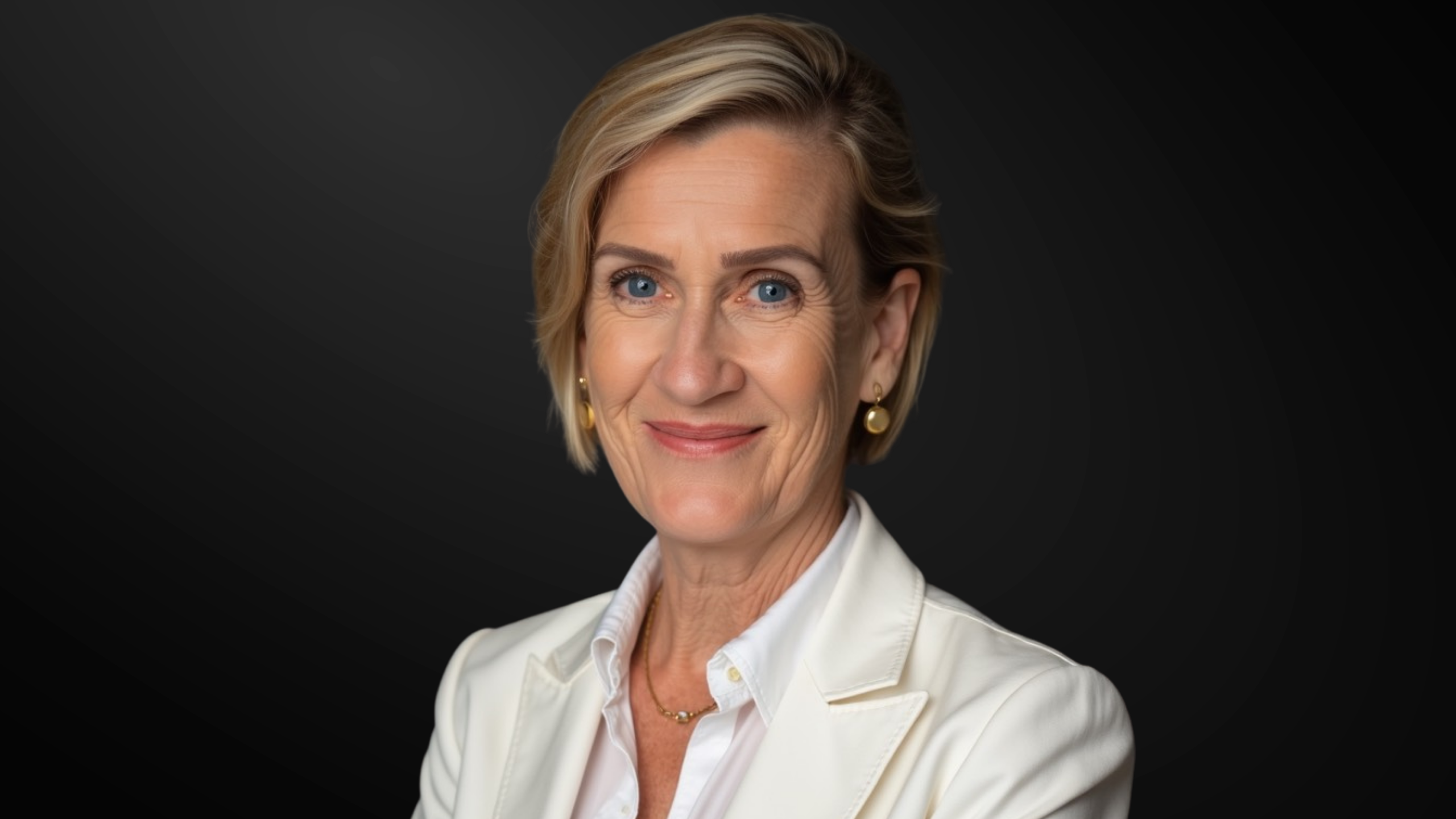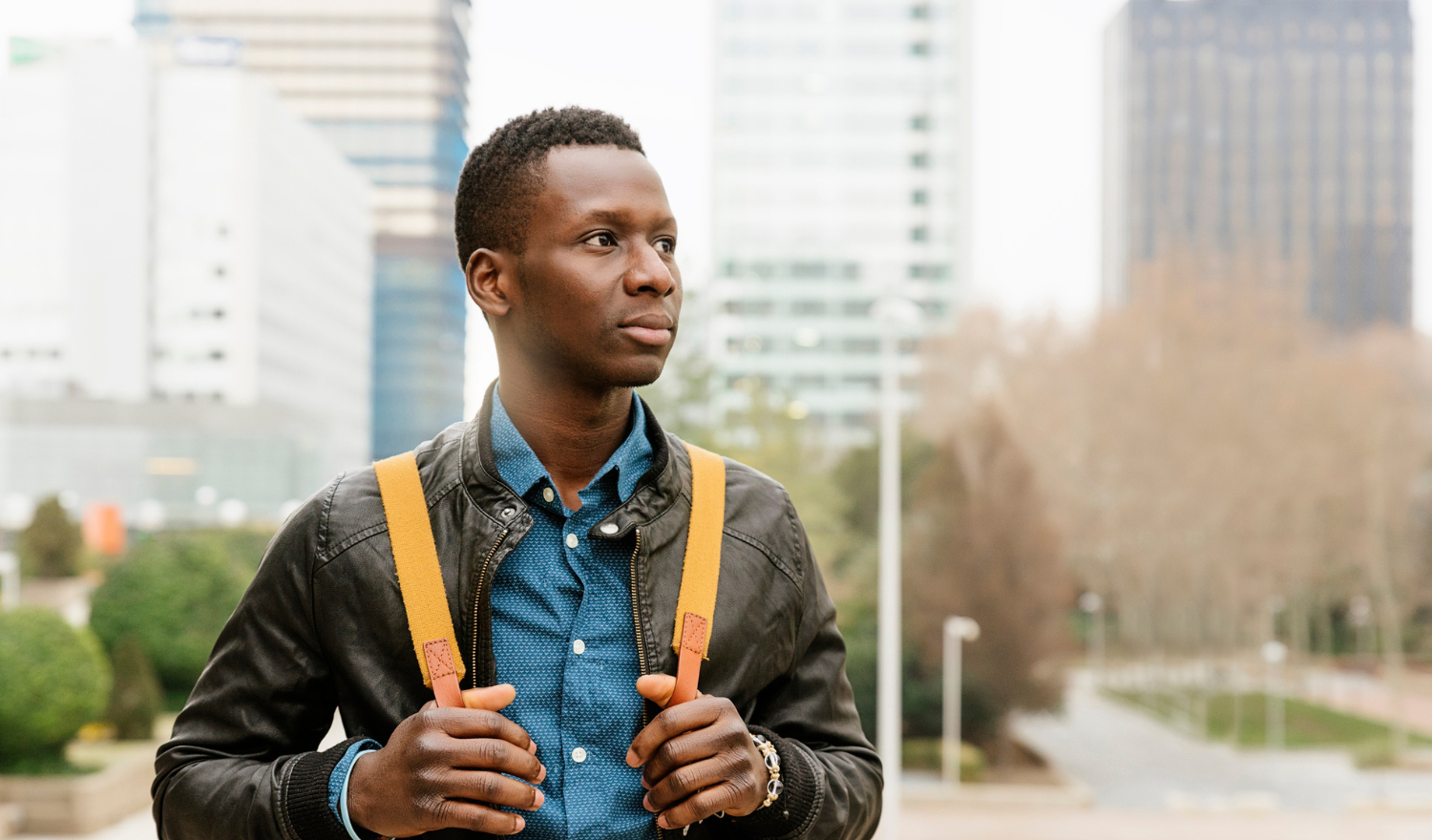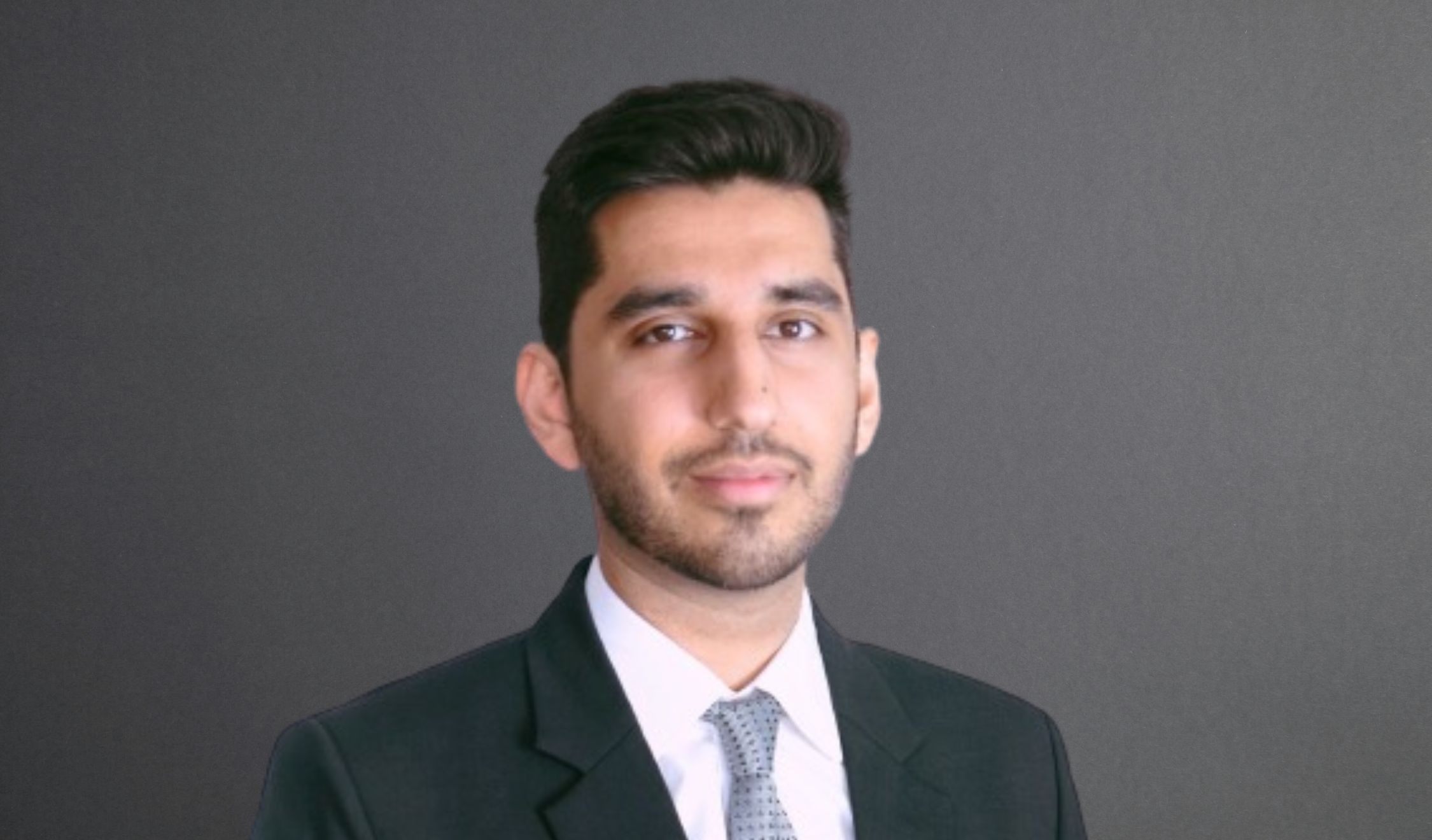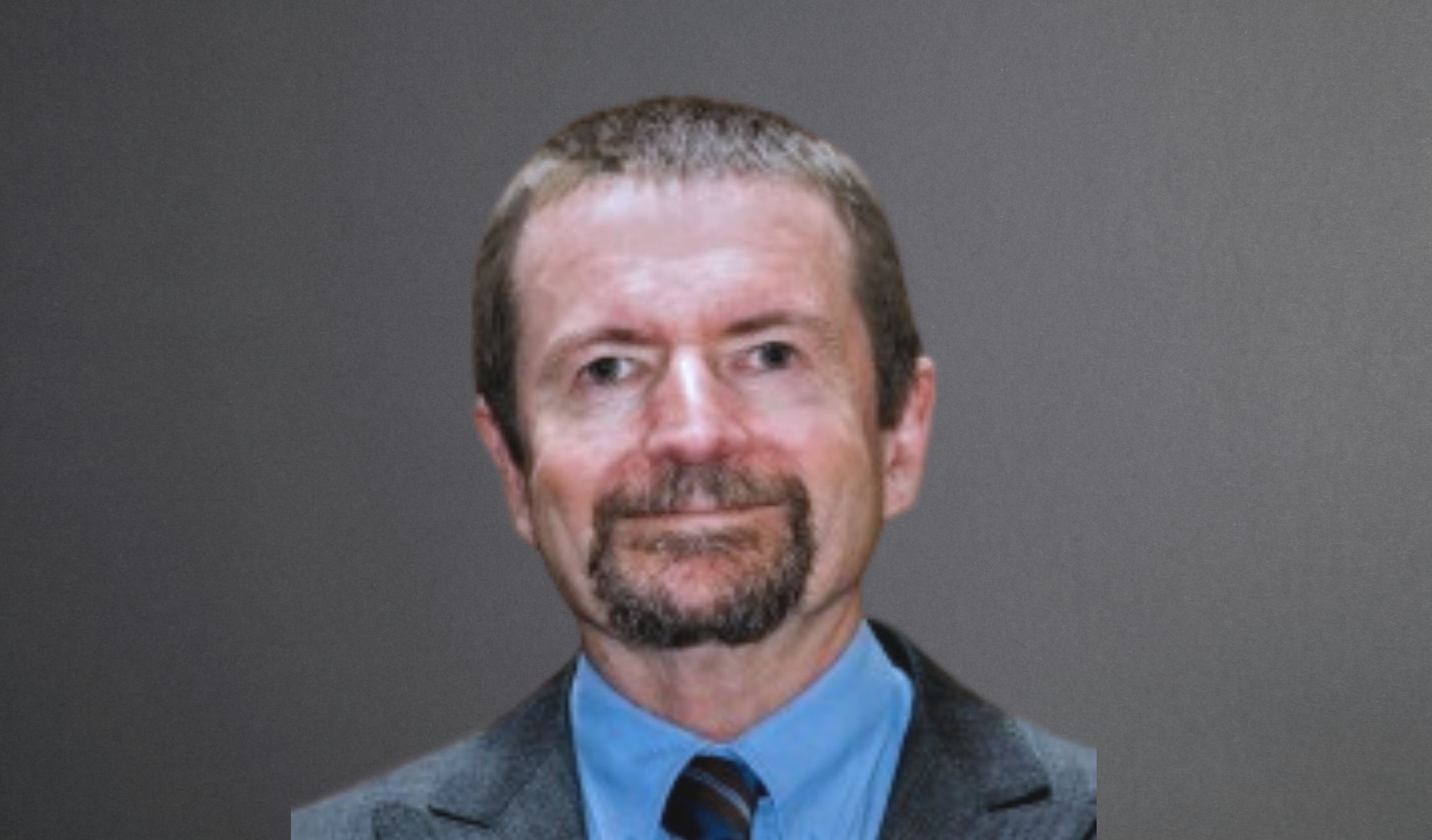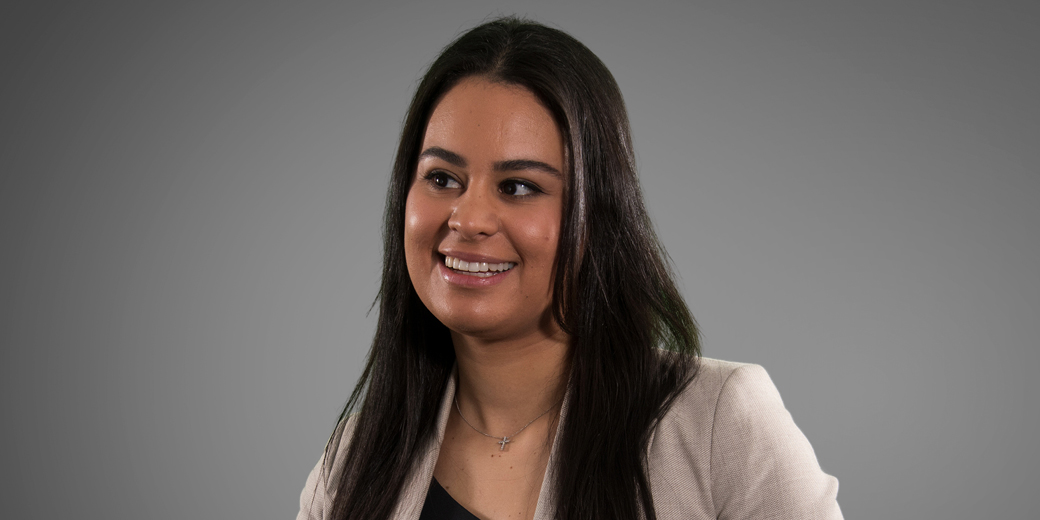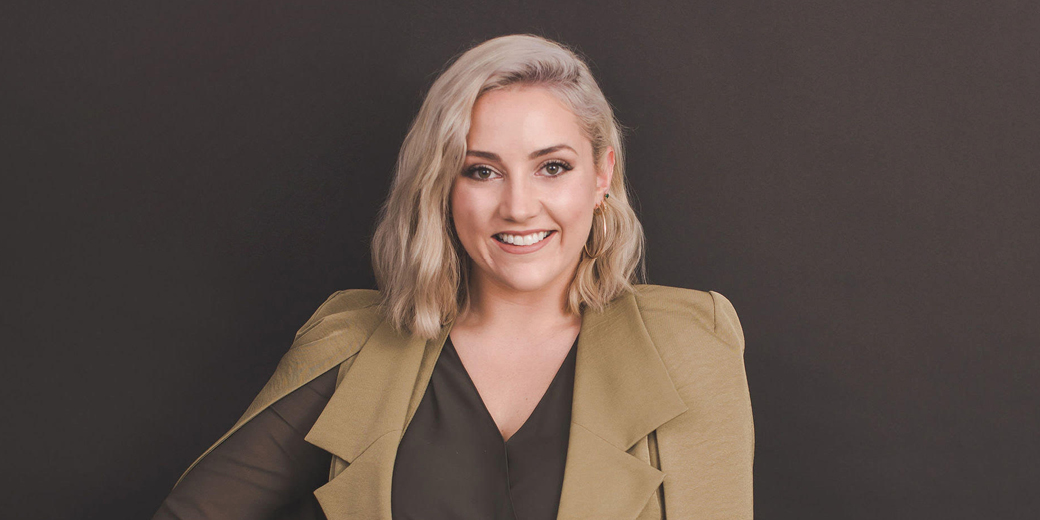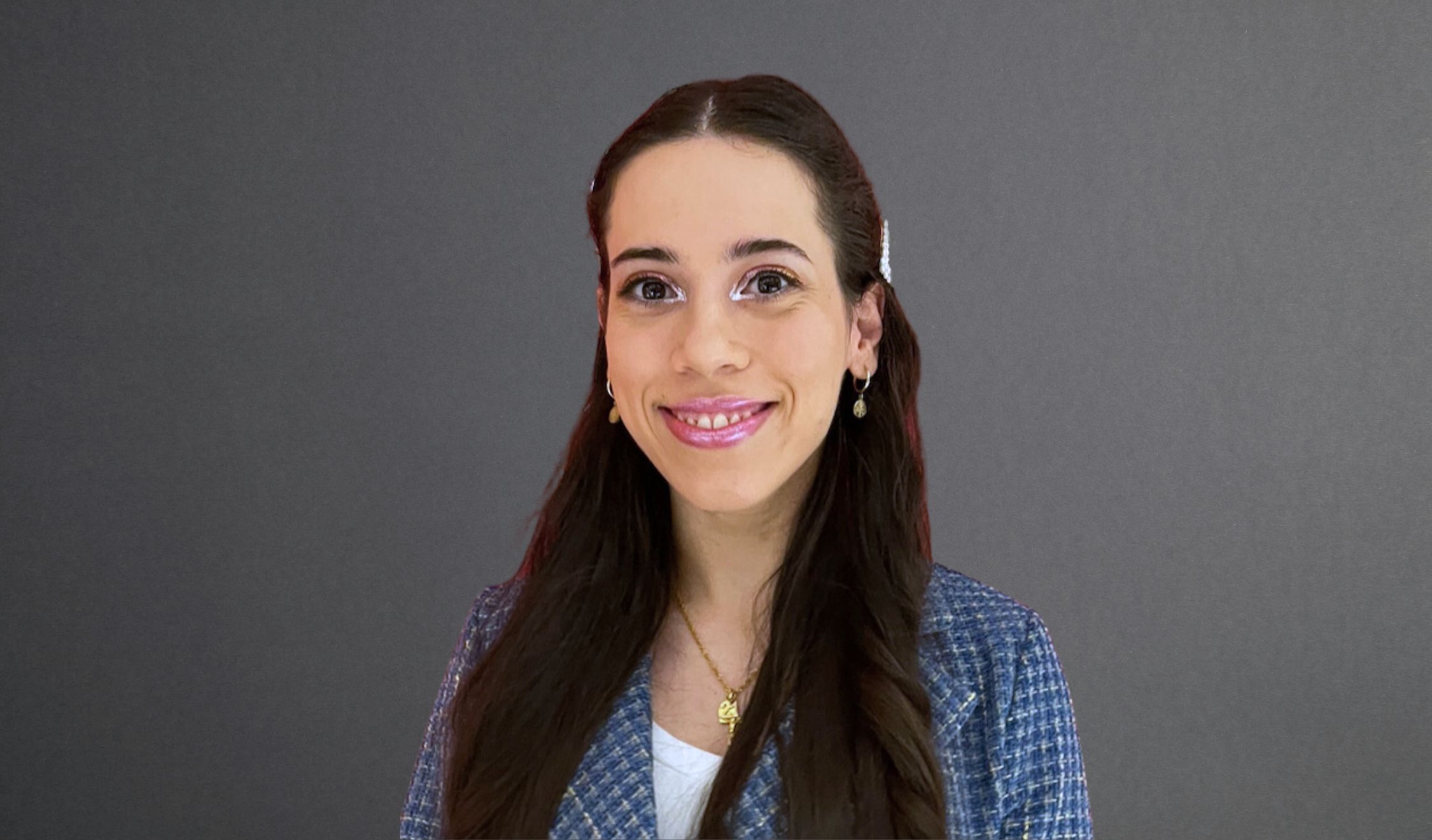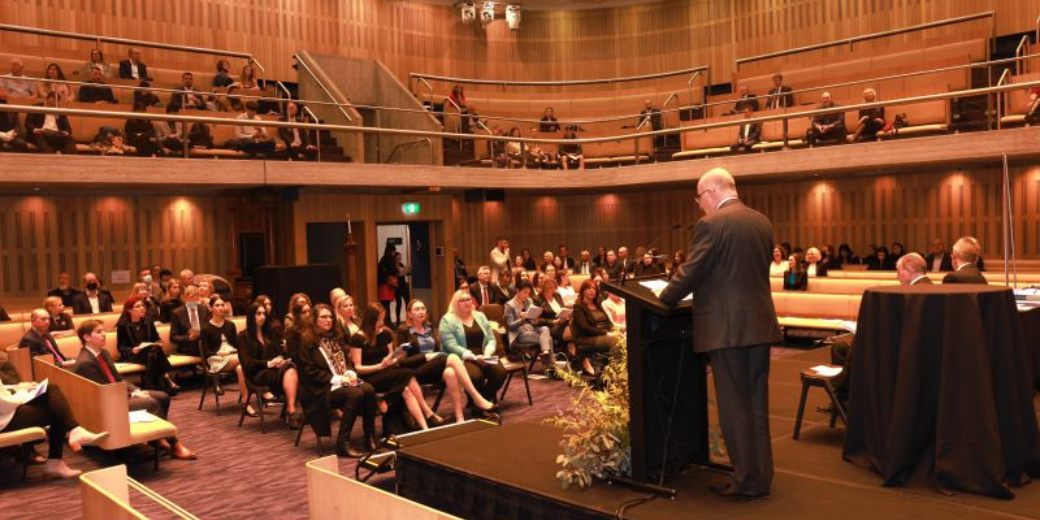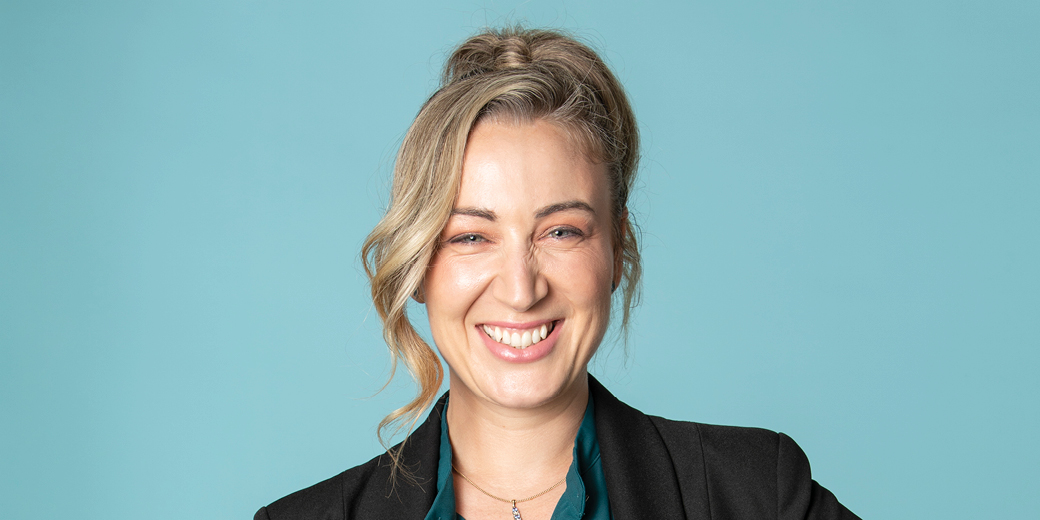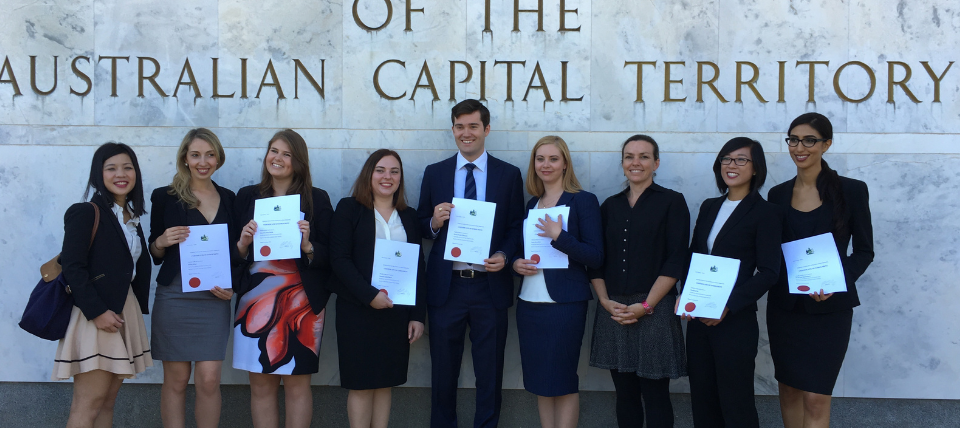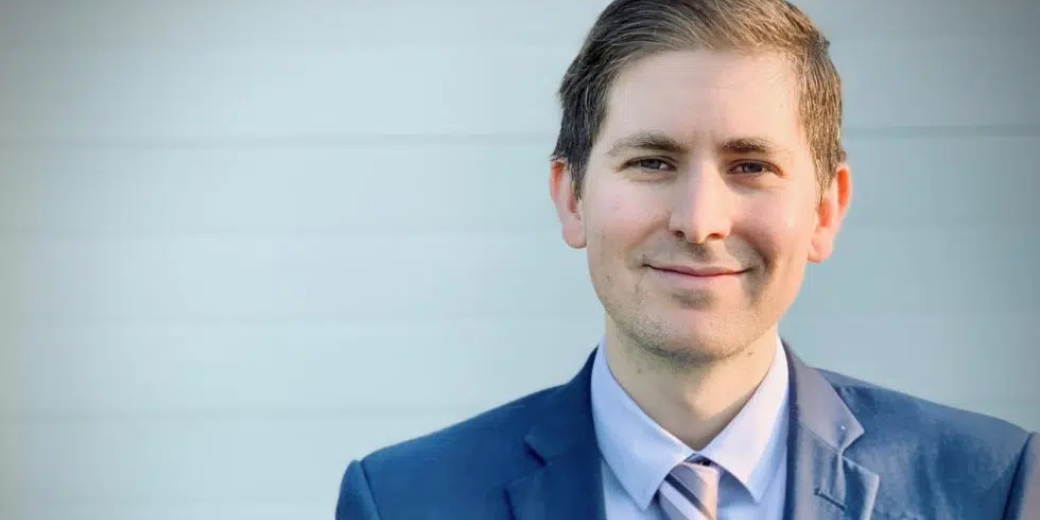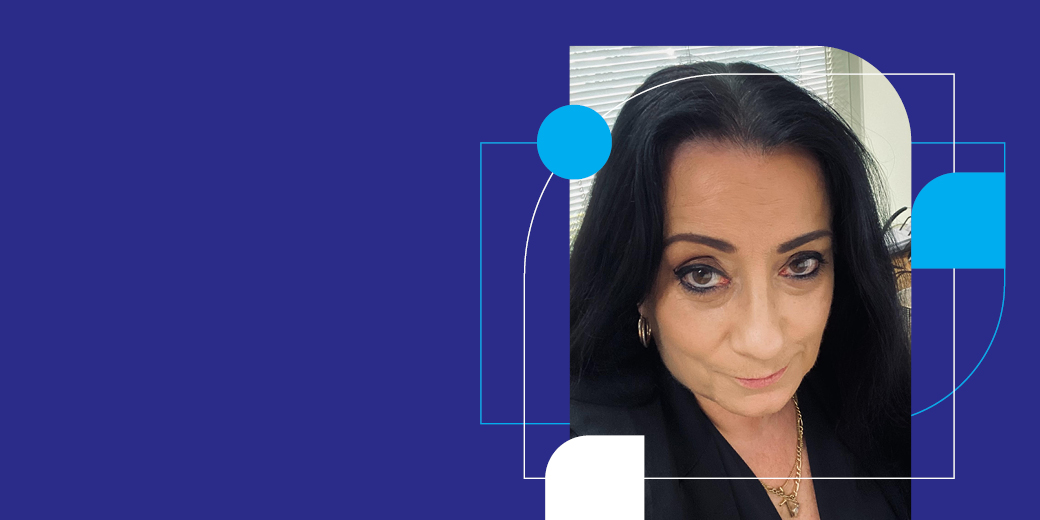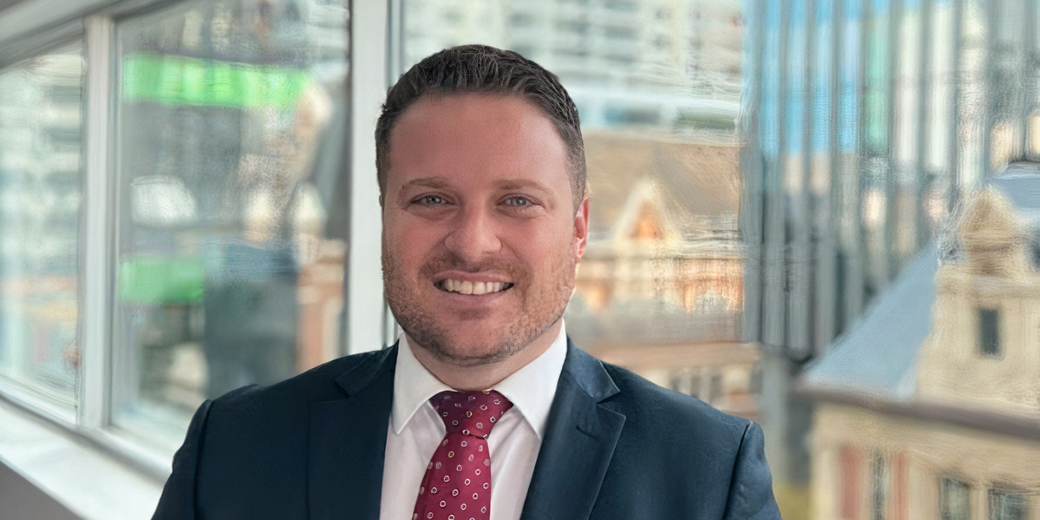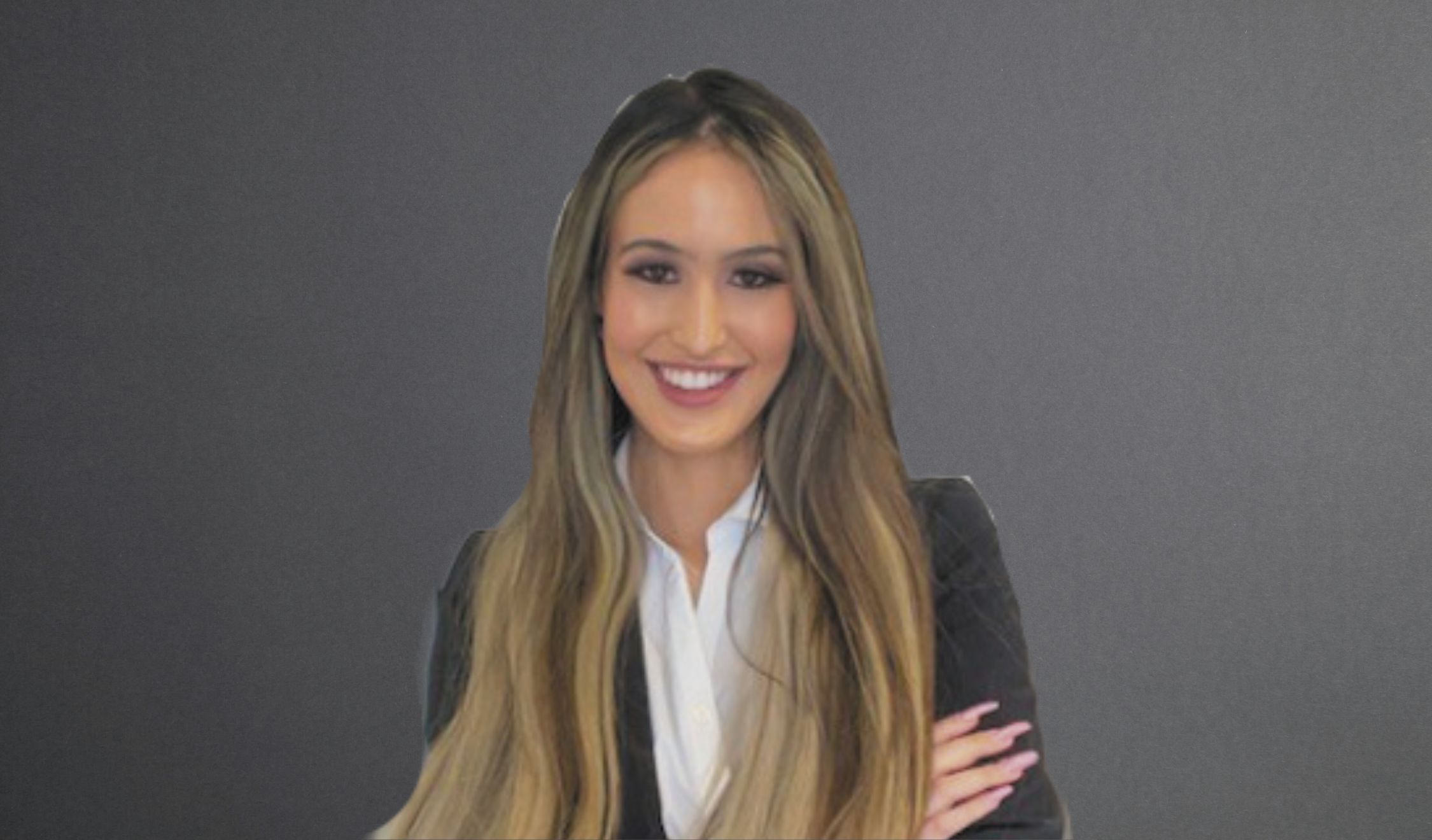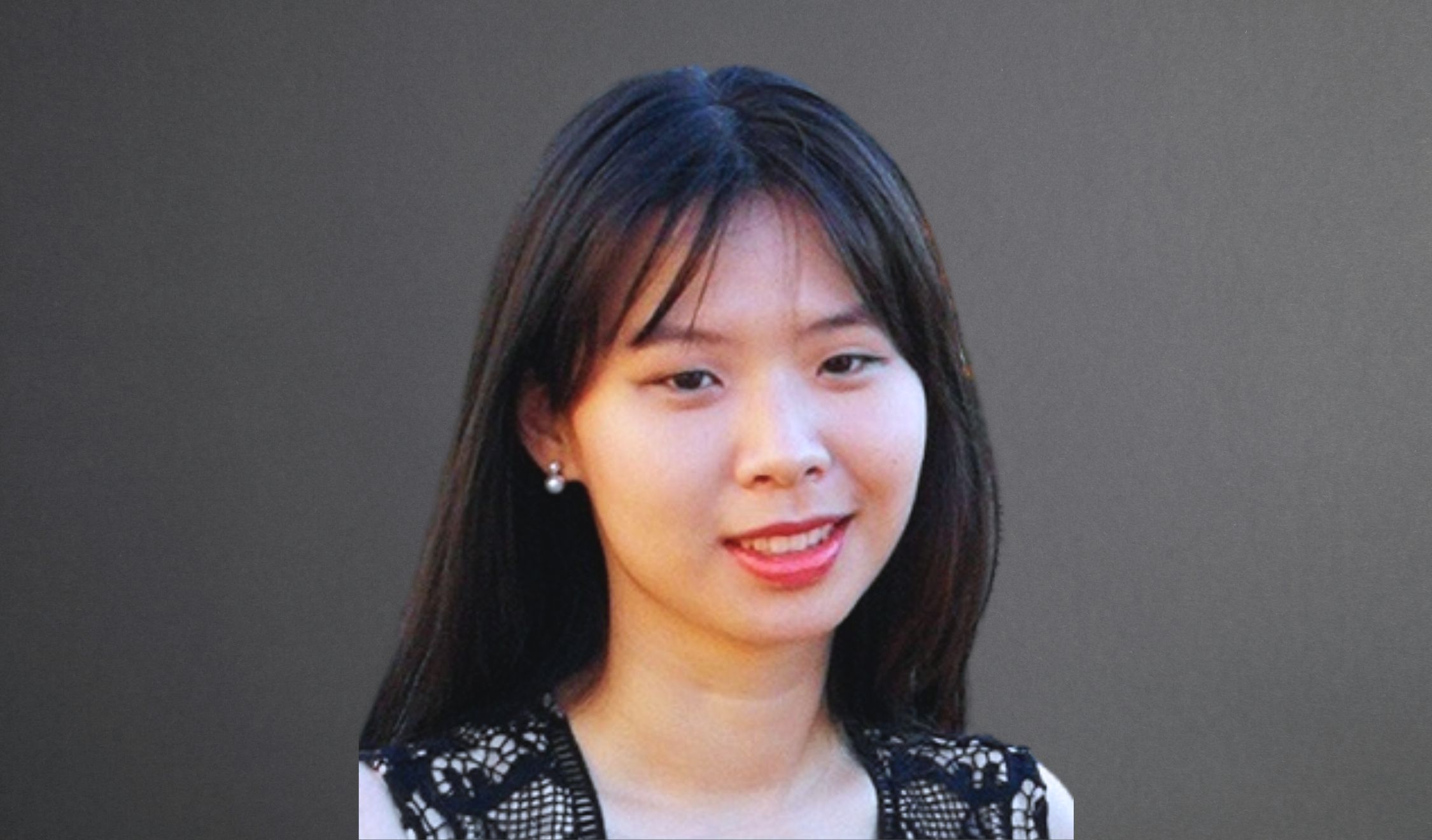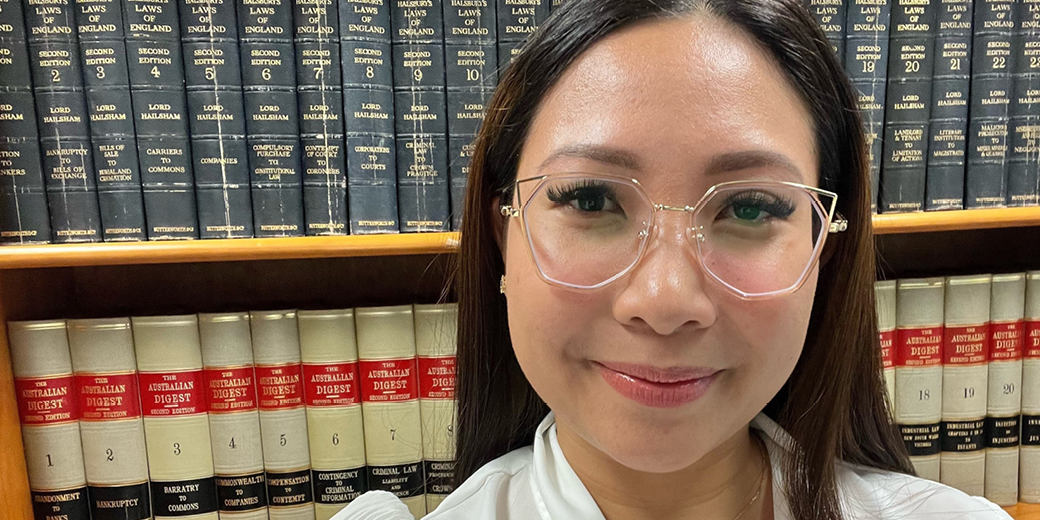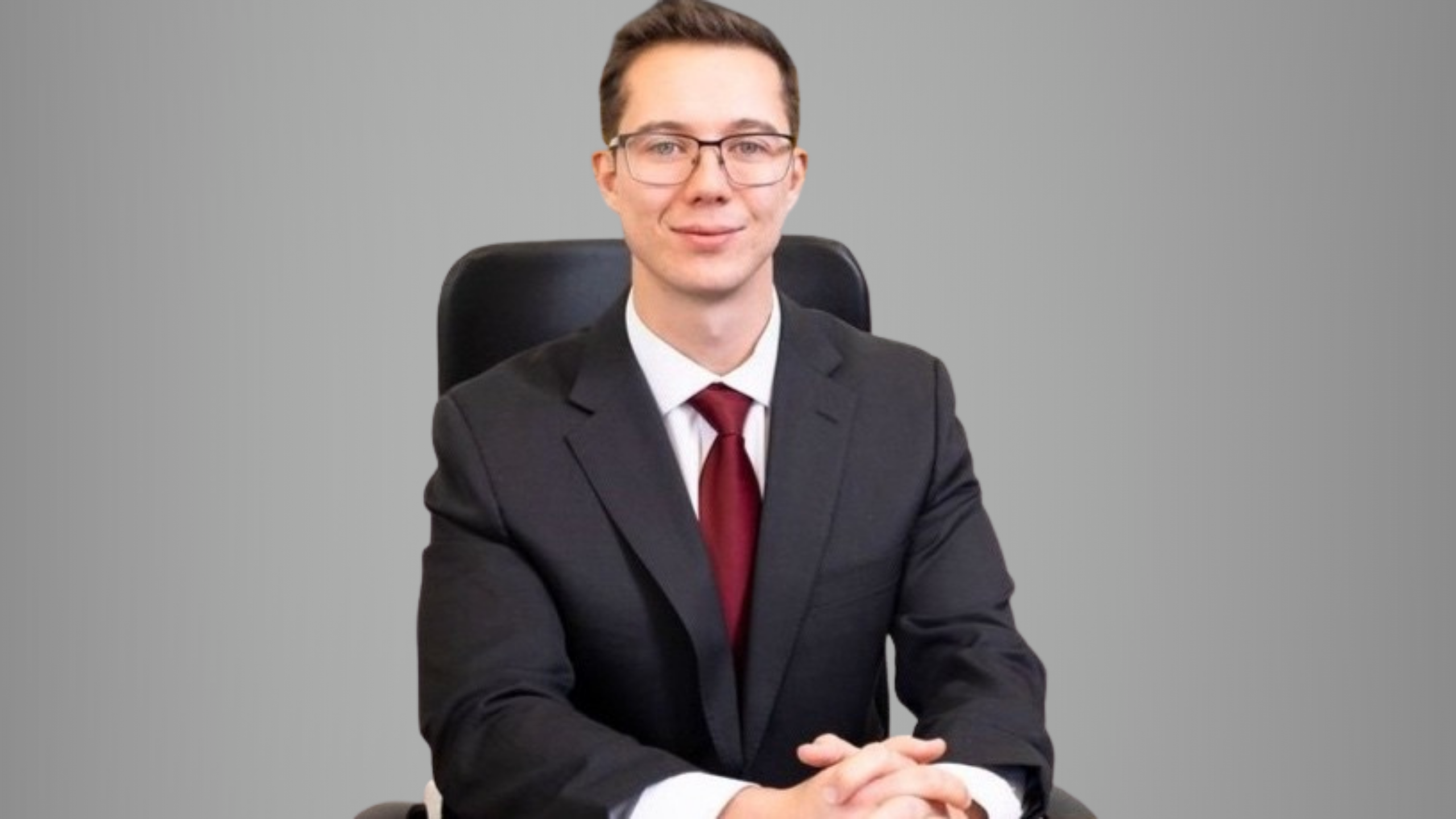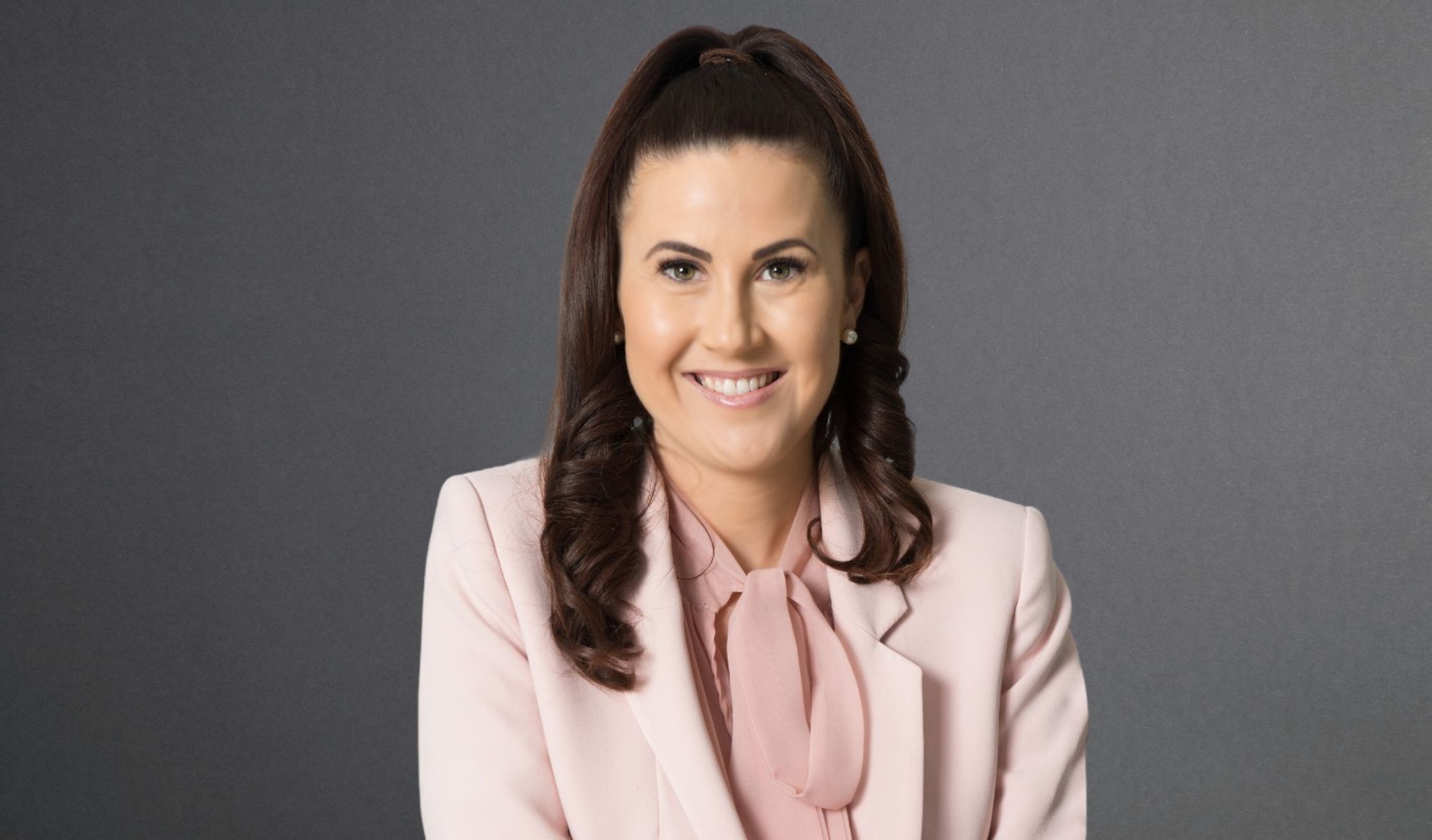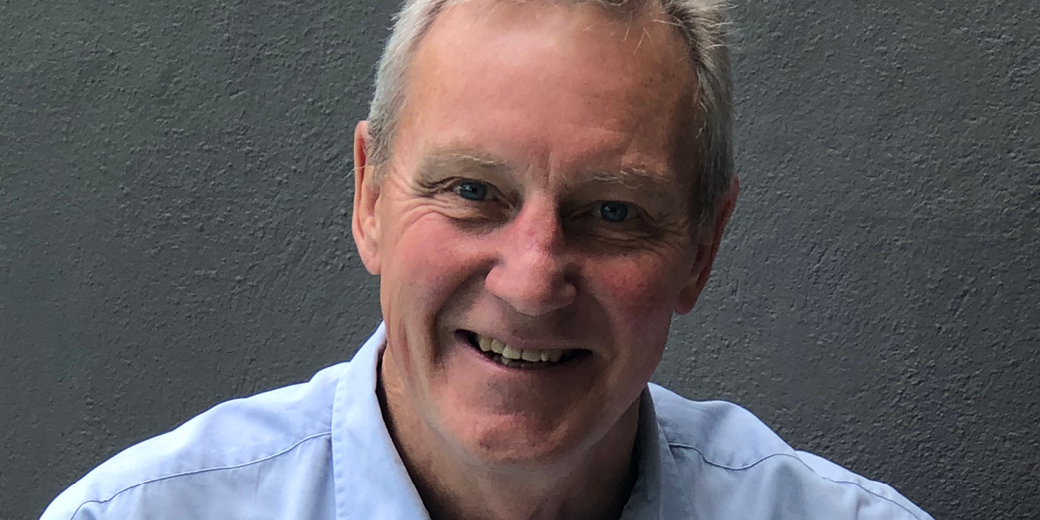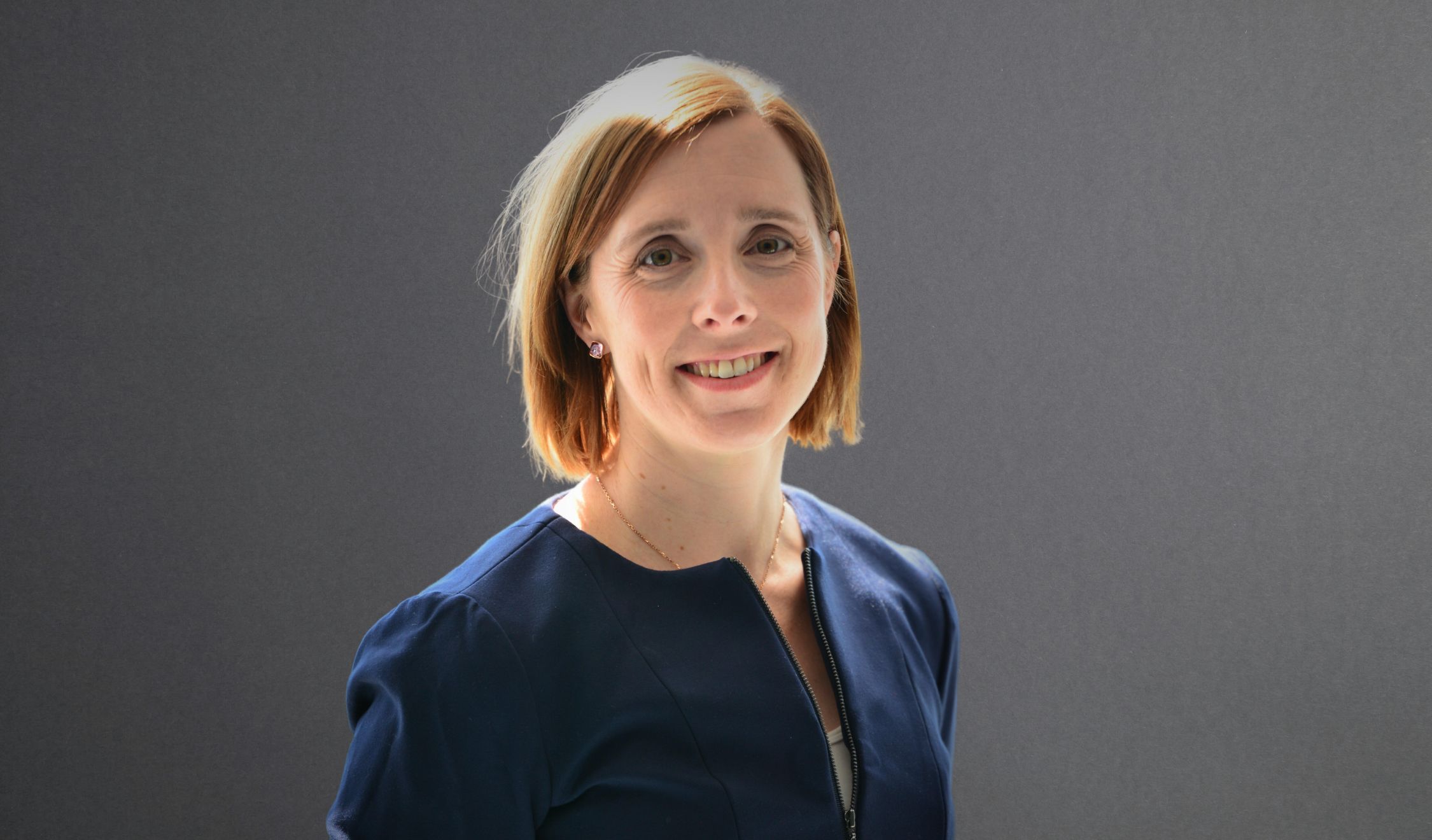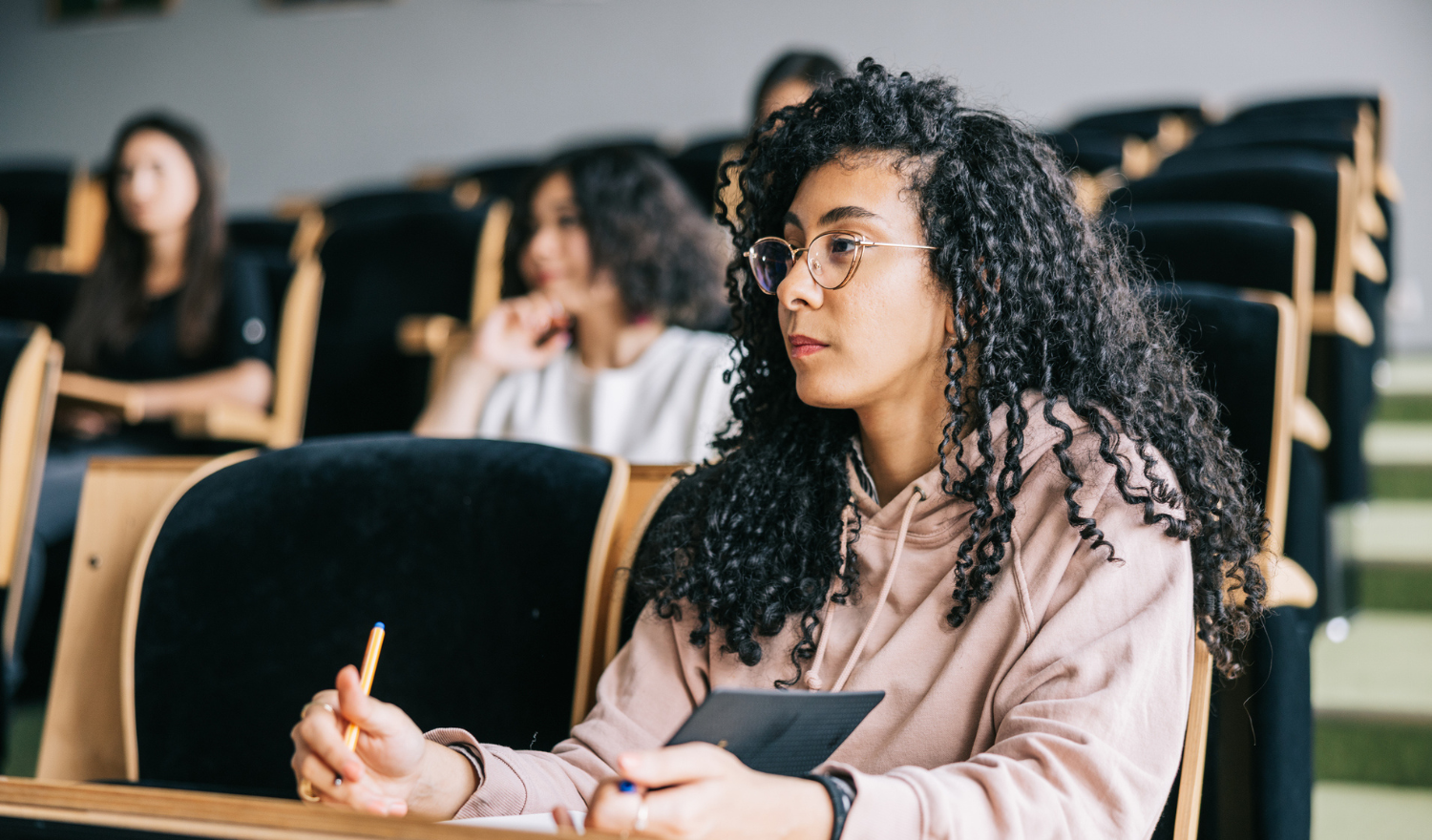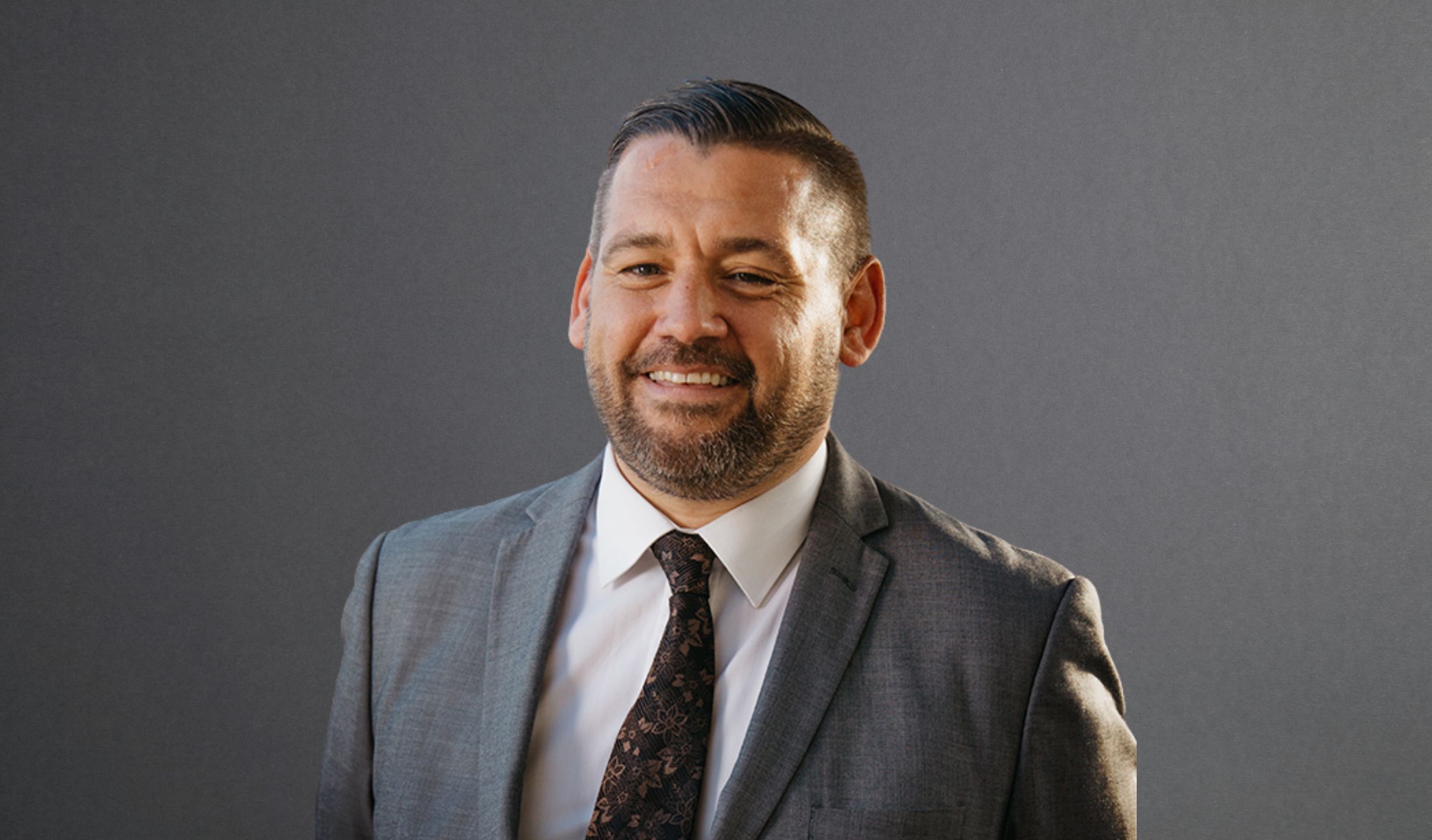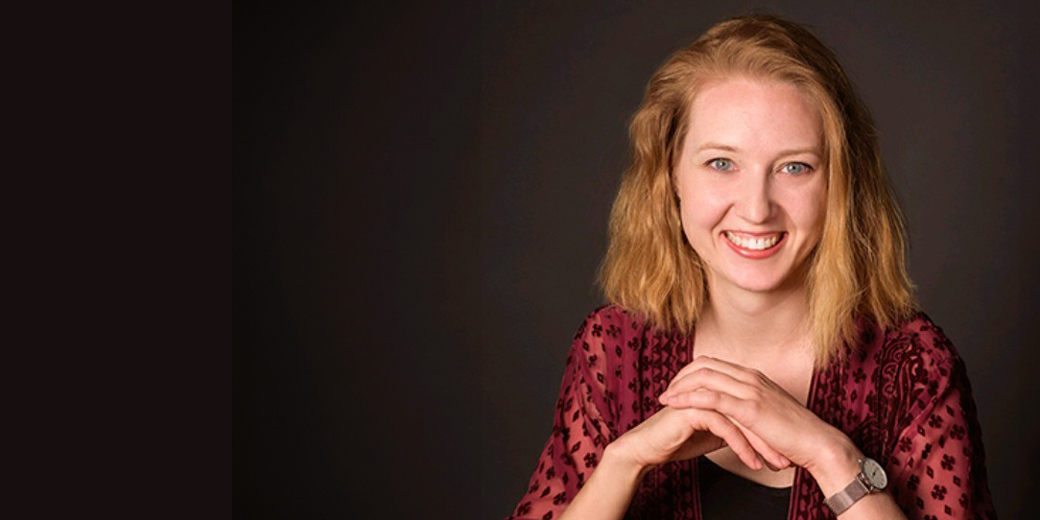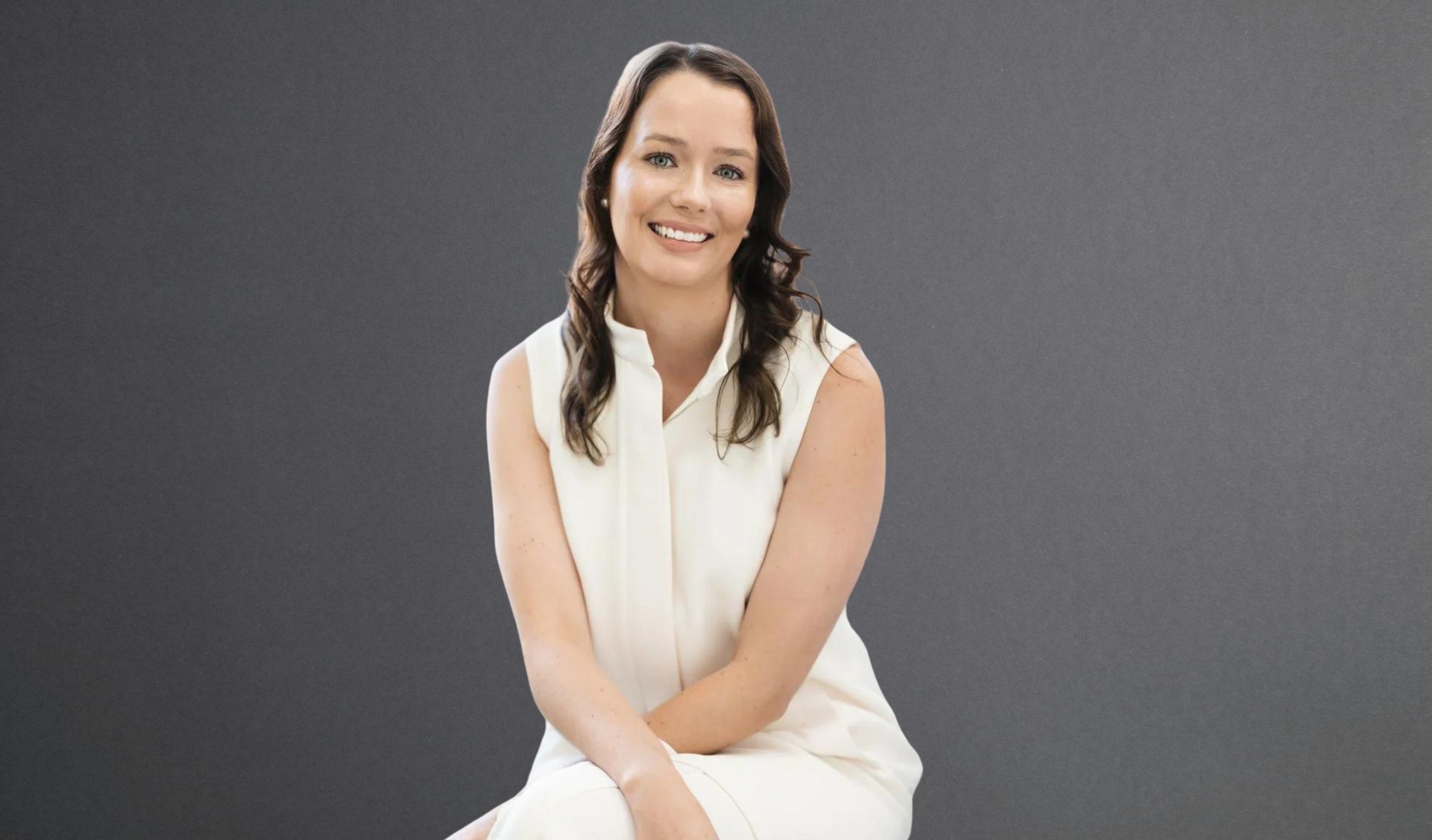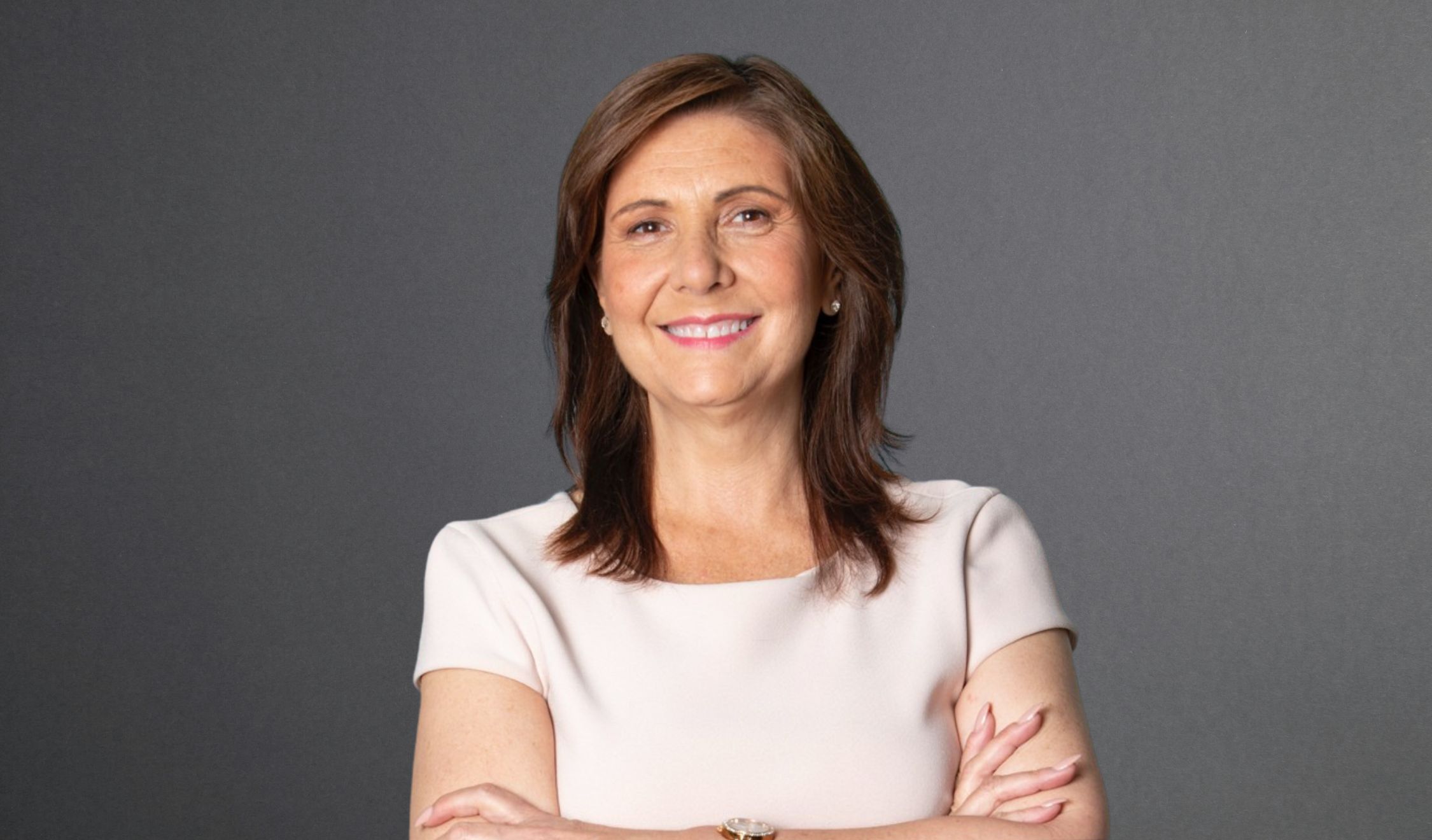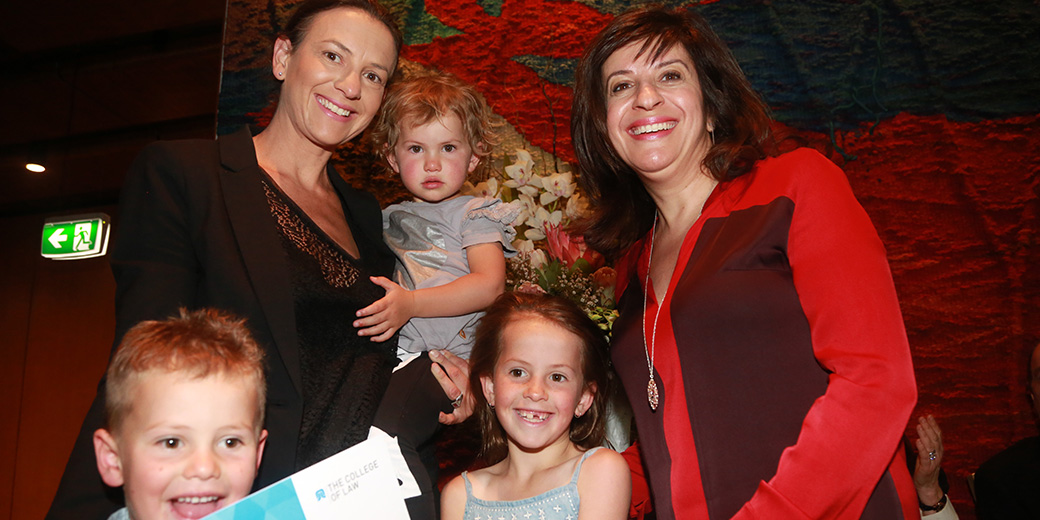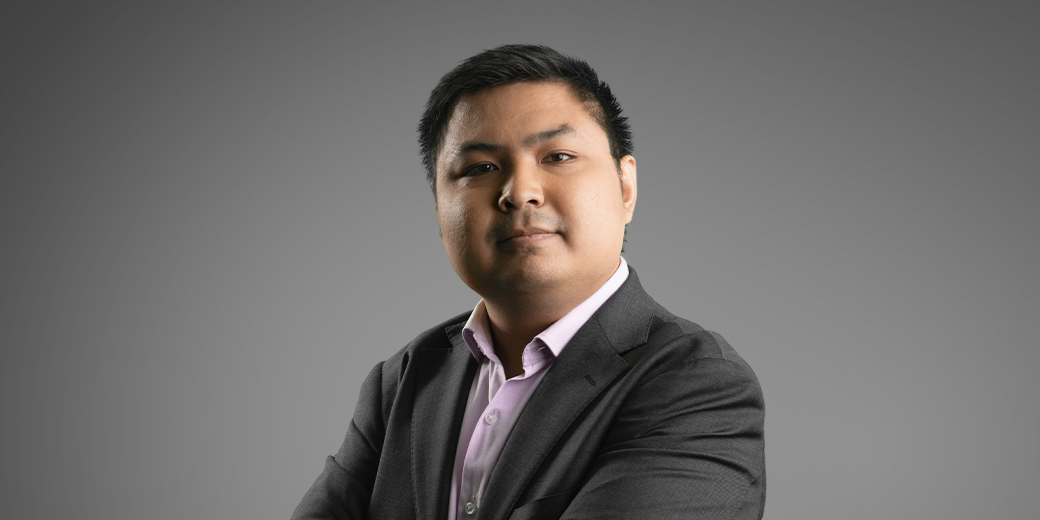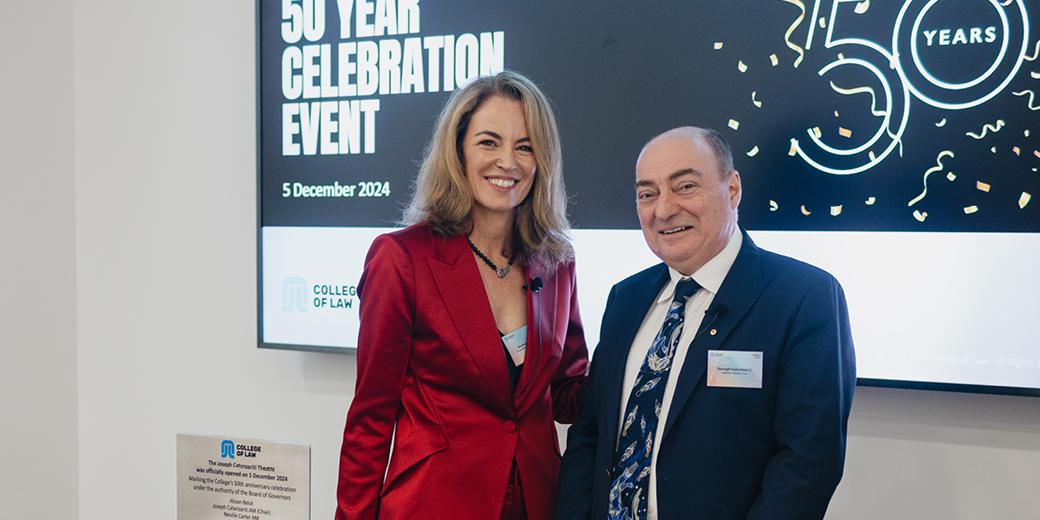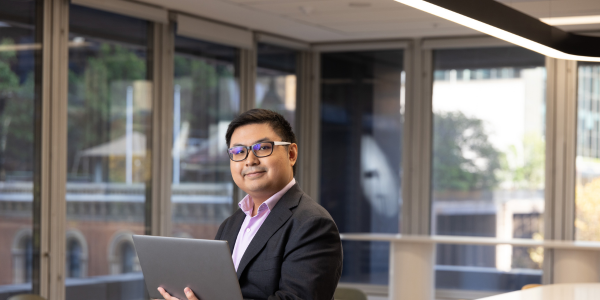At the College of Law, we’re celebrating our 50th anniversary by showcasing the inspiring career paths of our graduates.
Today, we spotlight Arnab Ghosh Roy, a passionate migration and family lawyer on a mission to empower the community with his pro bono work.
Arnab moved to Australia from Calcutta, India 20 years ago with a degree in accounting – but soon changed course to pursue law.
We sat down with Arnab to learn how his migration experience (along with his insatiable drive to make an impact) has shaped his career.
Q: Hi Arnab! How did you get started in law?
Law wasn’t always my plan. I came to Australia as a migrant with an accounting degree and initially worked in that field.
Eventually, I wanted a change, so I shifted to supply chain management at Coles. But while there, I realised I am person born for advocacy and community-based work. That’s when I met my now-business partner, Mandeep Singh, who was working in migration law and inspired me to pursue that field.
I thrive on intellectual challenges, so I took his advice and enrolled in a Graduate Diploma in Migration Law. Later, I was offered a Bachelor of Laws (Honors) at Victoria University in 2018. From there, I completed my Practical Legal Training at the College of Law.
After my studies, I started as a paralegal. Now, I work as a solicitor at Legal Concerns Lawyers & Consultants – and volunteer as a night service lawyer with Fitzroy Legal Service.
It’s been a long journey, but I’m glad I’m here.
Q: Wow, what a journey! How did you navigate those career transitions?
My path to becoming a lawyer wasn’t the easiest.
I was already established in Australia, but switching careers came with its challenges.
I was 36 when I made the switch, and changing directions at that point in my life was significant. Moving from full-time work back into study was a big shift – being father of one child it was intense, to say the least!
Then, there was the issue of navigating a new education system in a foreign country.
Balancing everything was tough, and it took some time to find my footing. But, with the support of my family, I was able to push through.
Q: Can you tell us a little more about your working life?
At my firm, I focus on family law, minor criminal law and immigration law. We handle a wide range of cases, including child abductions, we often become part in international family law suit where we provide comprehensive support for India and SAARC Countries related legal matters including Injunction against litigation in multiple jurisdictions including India and/or Australia, Quashing First Information Report (FIR), provide due diligence and advice.
My role is to manage divorce cases and work on complex situations where children are brought back from countries like Iraq, Malaysia and India.
The goal is to help people in distress regain their confidence and move forward with their lives.
Outside of work, I volunteer with the Fitzroy Legal Service. We educate new migrants on employment rights, housing and navigating life in Australia.
I have a busy schedule, but I am passionate about law and what I do.
Q: You seem to be really passionate about advocacy. Can you tell us more about that?
My passion for advocacy started pre law studies.
I was at a bus stop one day when I met an older migrant woman who was dealing with a domestic violence situation at her home. She was alone at night and didn’t know where to go, so I provided her support and took her to the police station and explained that she needed help.
That moment made me ask myself: ‘How can I get more involved? It gives me satisfaction to help people and that’s what I want to do.
A few years later, during the pandemic, I contacted the Department of Health to request that all COVID-related information be translated into Bengali.
That marked the beginning of my advocacy work in a bigger picture.
Coming from a migrant background, I’m hugely passionate about supporting other migrants.
Q: Have you had any significant mentors along the way?
My Dad has been one of my biggest inspirations.
When I first moved to Australia as a young man, I struggled, which I was not prepared for. It’s not easy being a migrant in a new country.
After a year, I went back to India feeling defeated. My dad sat me down and reminded me that Australia is a country of opportunity and that I needed to have faith and trust in hard work.
Although he’s no longer with us, I’ll always remember what he taught me.
I learned from my father that while hardship is inevitable, choosing to view oneself as a victim is not; instead, hardship builds strength. My father and I believe Australia embodies this spirit, with the national anthem reflecting values of inclusivity, hard work, and commitment.
Q: What advice would you give to migrants hoping to become lawyers?
For those looking to study law, with a migrant background, try to gain hands-on experience at a law firm. The exposure will provide invaluable practical insights and help you better understand how the law works.
Networking is also crucial. Stay connected with the legal community and keep up with industry news, joining organisation like Court Network is a great way to be connected with the industry.
A legal career requires persistence, strategic planning and the support of your loved ones. It’s important to deepen your understanding of jurisprudence while staying informed on legal developments in Australia and other common-law countries.
Consider participating in moot court, and essay writing contests can also sharpen your skills and help you to build your identity in the industry.
Set healthy boundaries at work – and this often means having a life and a support system outside of legal profession so you achieve a work-life balance.
Q: Where’s next for you?
I’d love to do more mediation work, particularly in international arbitration. To expand my skillset in this area, I’m working on my Master of Laws at the College.
I want to focus on family law cases involving different countries. So, when one parent takes their child out of Australia, I want to help bring them back.
As a father of 2, I know how important it is for children from divorced families to have relationships with both their parents. My calling is to help families reach practical solutions and provide a safe space for all parties to come together.
Further down the track, I’d also love to develop an app that facilitates virtual visitation for parents separated by distance, and which I am working with few of my colleagues in the Legal Industry.
Interested in completing a course with the College of Law like Arnab? Learn more today.
